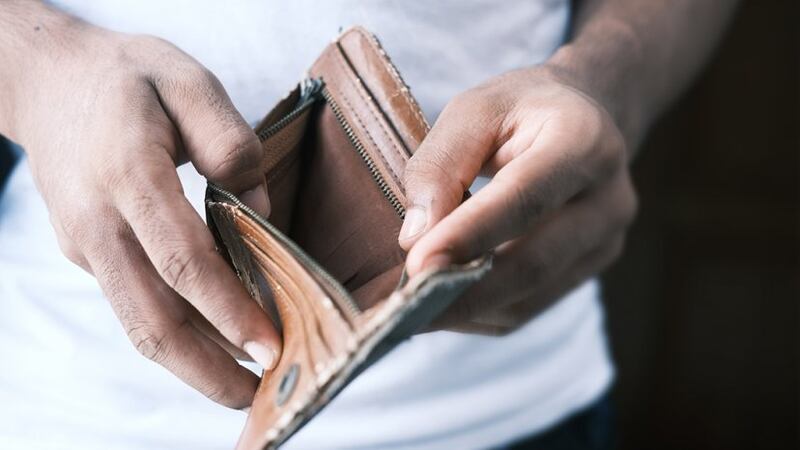April 1 is an important day for beneficiaries, as the government increases income support and the minimum wage.
The minimum wage will rise from $20 to $21.20 per hour and Working for Families tax credits increase by an average of $20 a week, as well as increases in superannuation, jobseeker support, young parent payment, disability allowance, childcare assistance, student allowance and student loan living costs.
But the increases will still leave whānau locked in poverty, according to figures released today by the Fairer Future Collaboration, a group of charitable organisations.
Fairer Future spokesperson, Brooke Stanley Pao from Auckland Action Against Poverty (AAAP), says it's time for the government to level up income support.
“I think at the core of what we're asking is that people are looked after in this country,” she says. “I think the government has shown us that they can prioritise and they have prioritised other communities in their response to Covid-19 with the Covid income relief payment, with wage subsidies, and all we're asking for is the same type of support shown to people receiving benefits and even people in low-paid work.
Short a few hundred dollars
“I think we're all comfortable understanding that the cost of living continues to rise. What level of income do you feel is needed to meet just basic costs for whānau?”
A report that was commissioned on Tuesday morning by AAAP shows that income support “is off by at least a couple hundred dollars”.
“The essential mahi that is carried out in our system is low paid and so we would like these things to be increased.
“The report shows for a single person with no children for full participation in society it is around $675. For a family with one child, income support falls short by at least $300. Currently, a single person on a jobseeker benefit is receiving up to $370 a week, within accommodation supplement. So we’re quite aware of the shortfalls.
“AAAP and other organisations that are involved in the Fairer Future coalition know what’s happening on the ground, [it's] just the government is quite slow in this space in terms of transformation.”

